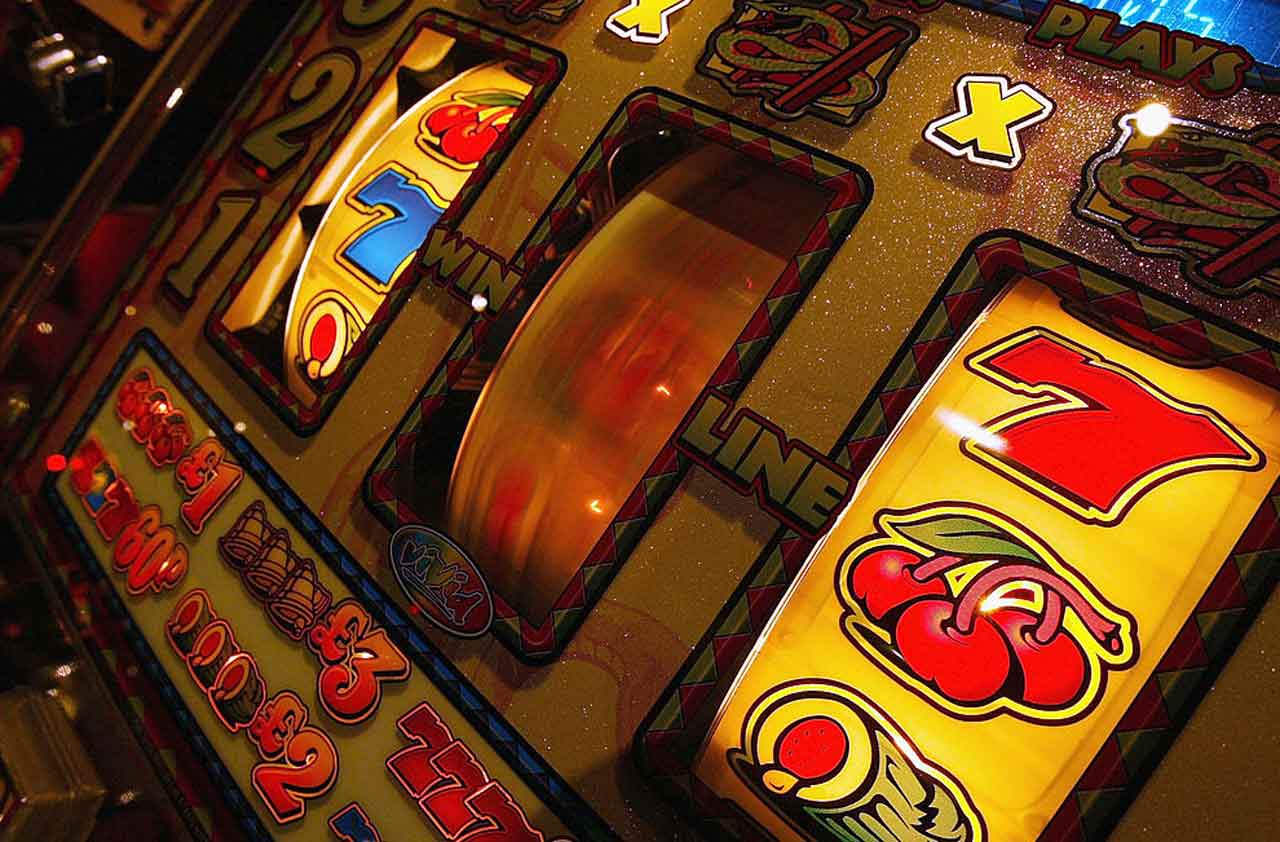How to Bet Smarter at a Casino
Odds are, these tips may help you steer the course.


Profit and prosper with the best of Kiplinger's advice on investing, taxes, retirement, personal finance and much more. Delivered daily. Enter your email in the box and click Sign Me Up.
You are now subscribed
Your newsletter sign-up was successful
Want to add more newsletters?

Delivered daily
Kiplinger Today
Profit and prosper with the best of Kiplinger's advice on investing, taxes, retirement, personal finance and much more delivered daily. Smart money moves start here.

Sent five days a week
Kiplinger A Step Ahead
Get practical help to make better financial decisions in your everyday life, from spending to savings on top deals.

Delivered daily
Kiplinger Closing Bell
Get today's biggest financial and investing headlines delivered to your inbox every day the U.S. stock market is open.

Sent twice a week
Kiplinger Adviser Intel
Financial pros across the country share best practices and fresh tactics to preserve and grow your wealth.

Delivered weekly
Kiplinger Tax Tips
Trim your federal and state tax bills with practical tax-planning and tax-cutting strategies.

Sent twice a week
Kiplinger Retirement Tips
Your twice-a-week guide to planning and enjoying a financially secure and richly rewarding retirement

Sent bimonthly.
Kiplinger Adviser Angle
Insights for advisers, wealth managers and other financial professionals.

Sent twice a week
Kiplinger Investing Weekly
Your twice-a-week roundup of promising stocks, funds, companies and industries you should consider, ones you should avoid, and why.

Sent weekly for six weeks
Kiplinger Invest for Retirement
Your step-by-step six-part series on how to invest for retirement, from devising a successful strategy to exactly which investments to choose.
In the field of personal finance, gambling is considered a bad idea. Each game in the casino comes with a “house edge” — a greater probability that the casino will win and you will lose. If, despite the tilted odds, gambling appeals to you as entertainment (come on, it’s Vegas!), at least vow to play only with money that you’re fully prepared to part with.
“Think of it like going to a show or a sporting event,” says Steve Bourie, author of the American Casino Guide (Casino Vacations Press). “At the end of the night, you probably won’t have anything to show for it other than the experience.”
Before you approach a table or a slot machine, sign up for the casino’s rewards program either at the on-site rewards desk or online. You’ll receive offers for free or discounted stays and presale tickets for shows. You’ll also receive a player’s card, which you present to your dealer or insert into your slot machine before you begin play. The more you bet, the more points you’ll accrue, which can be used for shopping, dining and hotel stays, among other perks. To maximize rewards, concentrate your gambling at one casino per trip. If you’re bringing a spouse, you should both gamble under one card to maximize rewards as well.
From just $107.88 $24.99 for Kiplinger Personal Finance
Become a smarter, better informed investor. Subscribe from just $107.88 $24.99, plus get up to 4 Special Issues

Sign up for Kiplinger’s Free Newsletters
Profit and prosper with the best of expert advice on investing, taxes, retirement, personal finance and more - straight to your e-mail.
Profit and prosper with the best of expert advice - straight to your e-mail.
Boost the odds. Stick to bets that offer you the best chance of winning. For blackjack, make sure your table pays 3-to-2 when you’re dealt a 21 (some single-deck games pay 6-to-5, which quadruples the house edge). You’ll maximize your odds if you play “by the book” — always making the mathematically optimal choice. Most casinos sell blackjack strategy charts at the gift shop (and will let you consult them at the table as long as you don’t hold up play). You can find free printable versions online as well, including at Bourie’s website. The site also offers tutorials on table games. Craps and baccarat, whose basic-bet odds are among the best in the casino, are worth learning.
Slots are generally a lousy bet, but at least avoid cheap machines and fancy casinos. On the Strip, penny slots pay an average of 88 cents for every dollar gamblers put in; quarter slots, by comparison, pay 91 cents. Avoid the Strip and your odds improve: Quarter slots pay an average of 97 cents on the dollar at local casinos, such as the Fiesta Rancho in North Las Vegas.
Should you beat the odds and go home with a profit, you’ll owe taxes on the winnings. If you win more than $1,200 at a slot machine or $1,500 at keno, you’ll be issued IRS Form W-2G, and the casino will likely take 25% of your winnings to give to the IRS before paying you. Otherwise, you’ll report your winnings as “other income” at tax time. If you itemize, you can deduct your losses — but only to the extent that they offset your winnings.
Profit and prosper with the best of Kiplinger's advice on investing, taxes, retirement, personal finance and much more. Delivered daily. Enter your email in the box and click Sign Me Up.

Ryan joined Kiplinger in the fall of 2013. He wrote and fact-checked stories that appeared in Kiplinger's Personal Finance magazine and on Kiplinger.com. He previously interned for the CBS Evening News investigative team and worked as a copy editor and features columnist at the GW Hatchet. He holds a BA in English and creative writing from George Washington University.